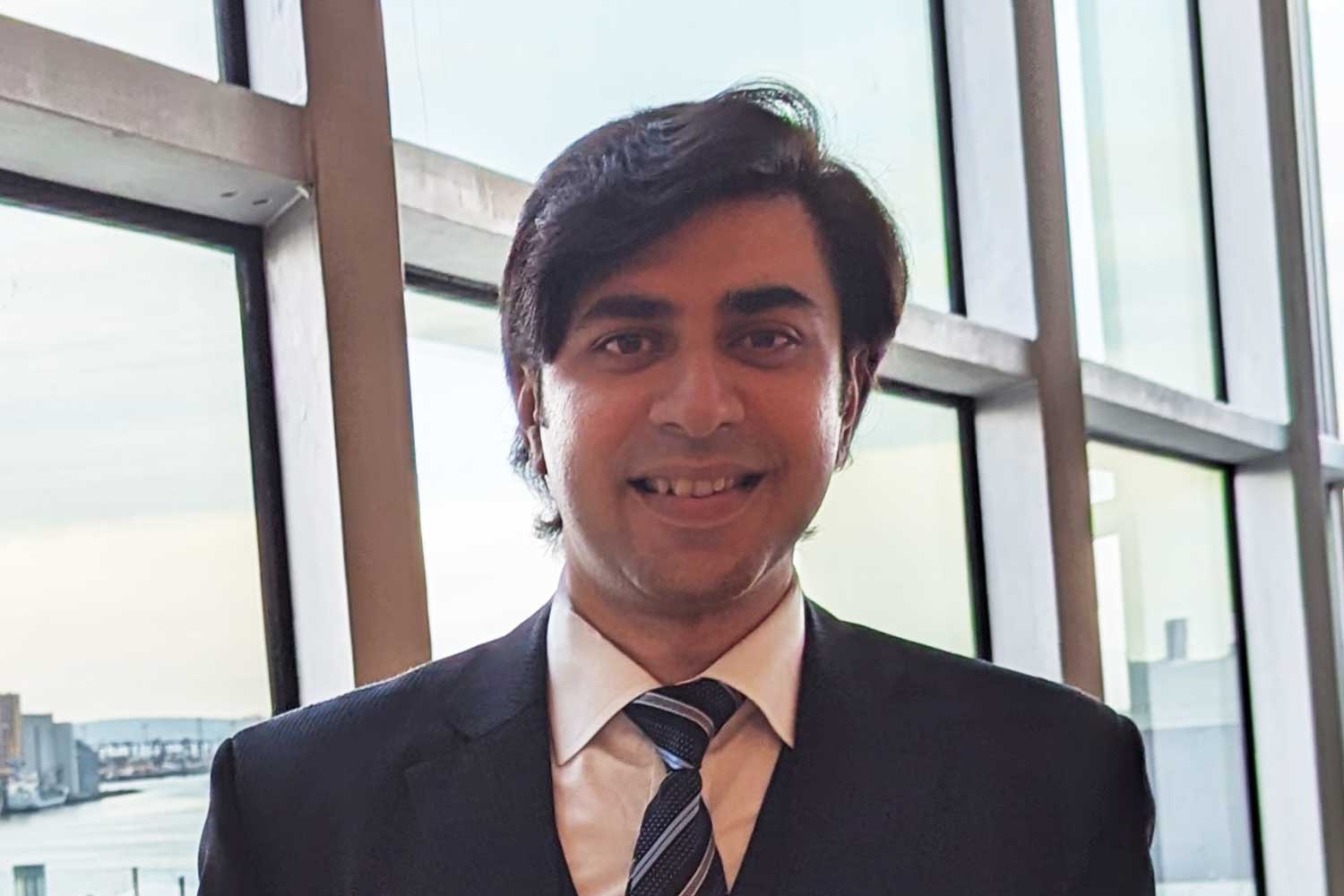- Prospective Applicants
-
Current PhD Researchers
- Careers and Opportunities
- Careers
- Go Global
- Science Shop
-
Supervisors
- Find a PhD
- PhD Manager
This project is funded by:
There is now emerging evidence that male obesity negatively impacts male reproductive potential not only by reducing sperm quality, but in particular altering the physical and molecular structure of germ cells in the testes and ultimately mature sperm. In keeping with this, testosterone is not just important for reproduction; it also plays a crucial role in regulating various metabolic processes in men. A deficiency in testosterone is increasingly recognized as a risk factor for metabolic syndrome, which can lead to obesity and type 2 diabetes (T2D). Low testosterone levels can cause problems like insulin resistance and unhealthy fat metabolism, both of which contribute to these metabolic diseases.
This project aims to explore how testosterone influences the health and function of specialized cells in the pancreas and gut that are vital for insulin production and appetite control. This research explores how a high-fat diet and diabetes affect testosterone levels and fertility in male mice. It will examine changes in testicular structure, sperm quality, and reproductive hormones to understand how metabolic issues impact male fertility. Additionally, lab studies will investigate how testosterone influences insulin-producing cells and pancreatic function in diabetic mice, as well as how it affects hormone-producing cells in the gut. The study will also determine how daily fluctuations in testosterone can impact overall metabolism and hormone health. By uncovering how testosterone influences these processes, our research could lead to new hormone-based treatments to improve insulin sensitivity and combat type 2 diabetes in men with low testosterone levels.
Important Information: Applications for more than one PhD studentship are welcome, however if you apply for more than one PhD project within Biomedical Sciences, your first application on the system will be deemed your first-choice preference and further applications will be ordered based on the sequential time of submission. If you are successfully shortlisted, you will be interviewed only on your first-choice application and ranked accordingly. Those ranked highest will be offered a PhD studentship. In the situation where you are ranked highly and your first-choice project is already allocated to someone who was ranked higher than you, you may be offered your 2nd or 3rd choice project depending on the availability of this project.
Applicants should hold, or expect to obtain, a First or Upper Second Class Honours Degree in a subject relevant to the proposed area of study.
We may also consider applications from those who hold equivalent qualifications, for example, a Lower Second Class Honours Degree plus a Master’s Degree with Distinction.
In exceptional circumstances, the University may consider a portfolio of evidence from applicants who have appropriate professional experience which is equivalent to the learning outcomes of an Honours degree in lieu of academic qualifications.
If the University receives a large number of applicants for the project, the following desirable criteria may be applied to shortlist applicants for interview.
The University is an equal opportunities employer and welcomes applicants from all sections of the community, particularly from those with disabilities.
Appointment will be made on merit.
This project is funded by:
Our fully funded PhD scholarships will cover tuition fees and provide a maintenance allowance of £19,237 (tbc) per annum for three years (subject to satisfactory academic performance). A Research Training Support Grant (RTSG) of £900 per annum is also available.
These scholarships, funded via the Department for the Economy (DfE) and the Vice Chancellor’s Research Scholarships (VCRS), are open to applicants worldwide, regardless of residency or domicile.
Applicants who already hold a doctoral degree or who have been registered on a programme of research leading to the award of a doctoral degree on a full-time basis for more than one year (or part-time equivalent) are NOT eligible to apply for an award.
Due consideration should be given to financing your studies.
Khan, D., Sridhar, A., Flatt, P. R., & Moffett, R. C. (2023). Disturbed ovarian morphology, oestrous cycling and fertility of high fat fed rats are linked to alterations of incretin receptor expression. Reproductive biology, 23(3), 100784.
Kelly, D.M. and Jones, T.H., 2013. Testosterone: a metabolic hormone in health and disease. Journal of Endocrinology, 217(3), pp.R25-R45.
Lok, R., Qian, J. and Chellappa, S.L., 2024. Sex differences in sleep, circadian rhythms, and metabolism: Implications for precision medicine. Sleep medicine reviews, p.101926.
Sugumar, D., Rymbai, E. and Selvaraj, D., 2024. Harnessing androgen receptor: Revolutionizing diabetes treatment in men with selective androgen receptor modulators. Medical Hypotheses, 190, p.111427.
Xu, W., Morford, J. and Mauvais-Jarvis, F., 2019. Emerging role of testosterone in pancreatic β cell function and insulin secretion. Journal of Endocrinology, 240(3), pp.R97-R105.
Xu, W., Schiffer, L., Qadir, M.F., Zhang, Y., Hawley, J., Mota De Sa, P., Keevil, B.G., Wu, H., Arlt, W. and Mauvais-Jarvis, F., 2020. Intracrine testosterone activation in human pancreatic β-cells stimulates insulin secretion. Diabetes, 69(11), pp.2392-2399.
Submission deadline
Monday 24 February 2025
04:00PM
Interview Date
24 March - 4 April 2025
Preferred student start date
15 September 2025

Telephone
Contact by phone
Email
Contact by email